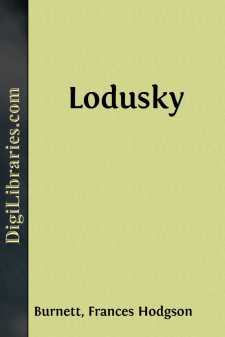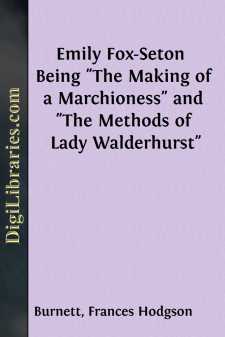Categories
- Antiques & Collectibles 13
- Architecture 36
- Art 48
- Bibles 22
- Biography & Autobiography 813
- Body, Mind & Spirit 142
- Business & Economics 28
- Children's Books 17
- Children's Fiction 14
- Computers 4
- Cooking 94
- Crafts & Hobbies 4
- Drama 346
- Education 46
- Family & Relationships 57
- Fiction 11829
- Games 19
- Gardening 17
- Health & Fitness 34
- History 1377
- House & Home 1
- Humor 147
- Juvenile Fiction 1873
- Juvenile Nonfiction 202
- Language Arts & Disciplines 88
- Law 16
- Literary Collections 686
- Literary Criticism 179
- Mathematics 13
- Medical 41
- Music 40
- Nature 179
- Non-Classifiable 1768
- Performing Arts 7
- Periodicals 1453
- Philosophy 64
- Photography 2
- Poetry 896
- Political Science 203
- Psychology 42
- Reference 154
- Religion 513
- Science 126
- Self-Help 84
- Social Science 81
- Sports & Recreation 34
- Study Aids 3
- Technology & Engineering 59
- Transportation 23
- Travel 463
- True Crime 29
In Connection with the De Willoughby Claim
Description:
Excerpt
High noon at Talbot’s Cross-roads, with the mercury standing at ninety-eight in the shade—though there was not much shade worth mentioning in the immediate vicinity of the Cross-roads post-office, about which, upon the occasion referred to, the few human beings within sight and sound were congregated. There were trees enough a few hundred yards away, but the post-office stood boldly and unflinchingly in the blazing sun. The roads crossing each other stretched themselves as far as the eye could follow them, the red clay transformed into red dust which even an ordinarily lively imagination might have fancied was red hot. The shrill, rattling cry of the grasshoppers, hidden in the long yellow sedge-grass and drouth-smitten corn, pierced the stillness now and then with a suddenness startling each time it broke forth, because the interval between each of the pipings was given by the hearers to drowsiness or heated unconscious naps.
In such napping and drowsiness the present occupants of the post-office were indulging. Upon two empty goods boxes two men in copperas-coloured jean garments reclined in easy attitudes, their hats tilted over their eyes, while several others balanced their split-seated chairs against the house or the post-porch and dozed.
Inside the store the postmaster and proprietor tilted his chair against the counter and dozed also, though fitfully, and with occasional restless changes of position and smothered maledictions against the heat. He was scarcely the build of man to sleep comfortably at high noon in midsummer. His huge, heavy body was rather too much for him at any time, but during the hot weather he succumbed beneath the weight of his own flesh. Hamlin County knew him as “Big Tom D’Willerby,” and, indeed, rather prided itself upon him as a creditable possession. It noted any increase in his weight, repeated his jokes, and bore itself patiently under his satire. His indolence it regarded with leniency not entirely untinged with secret exultation.
“The derndest, laziest critter,” his acquaintances would remark to each other; “the derndest I do reckon that ever the Lord made. Nigh unto three hundred he weighs, and never done a lick o’ work in his life. Not one! Lord, no! Tom D’Willerby work? I guess not. He gits on fine without any o’ that in his’n. Work ain’t his kind. It’s a pleasin’ sight to see him lyin’ round thar to the post-office an’ the boys a-waitin’ on to him, doin’ his tradin’ for him, an’ sortin’ the mail when it comes in. They’re ready enough to do it jest to hear him gas.”
And so they were. About eight years before the time the present story commences, he had appeared upon the scene apparently having no object in view but to make himself as comfortable as possible. He took up his quarters at one of the farm-houses among the mountains, paid his hostess regularly for the simple accommodations she could afford him, and, before three months passed, had established his reputation and, without making the slightest apparent effort, had gathered about him a large circle of friends and admirers.
“His name’s D’Willerby,” Mrs. Pike would drawl when questioned about him, “an’ he’s kin to them D’Willerbys that’s sich big bugs down to D’Lileville. I guess they ain’t much friendly, though. He don’t seem to like to have nothin’ much to say about ’em. Seems like he has money a-plenty to carry him along, an’ he talks some o’ settin’ up a store somewhars.”
In the course of a month or so he carried out the plan, selecting Talbot’s Cross-roads as the site for the store in question. He engaged hands to erect a frame building, collected by the assistance of some mysterious agency a heterogeneous stock consisting of calicoes, tinware, coffee, sugar, tobacco, and various waif and stray commodities, and, having done so, took his seat on the porch one morning and announced the establishment open....












